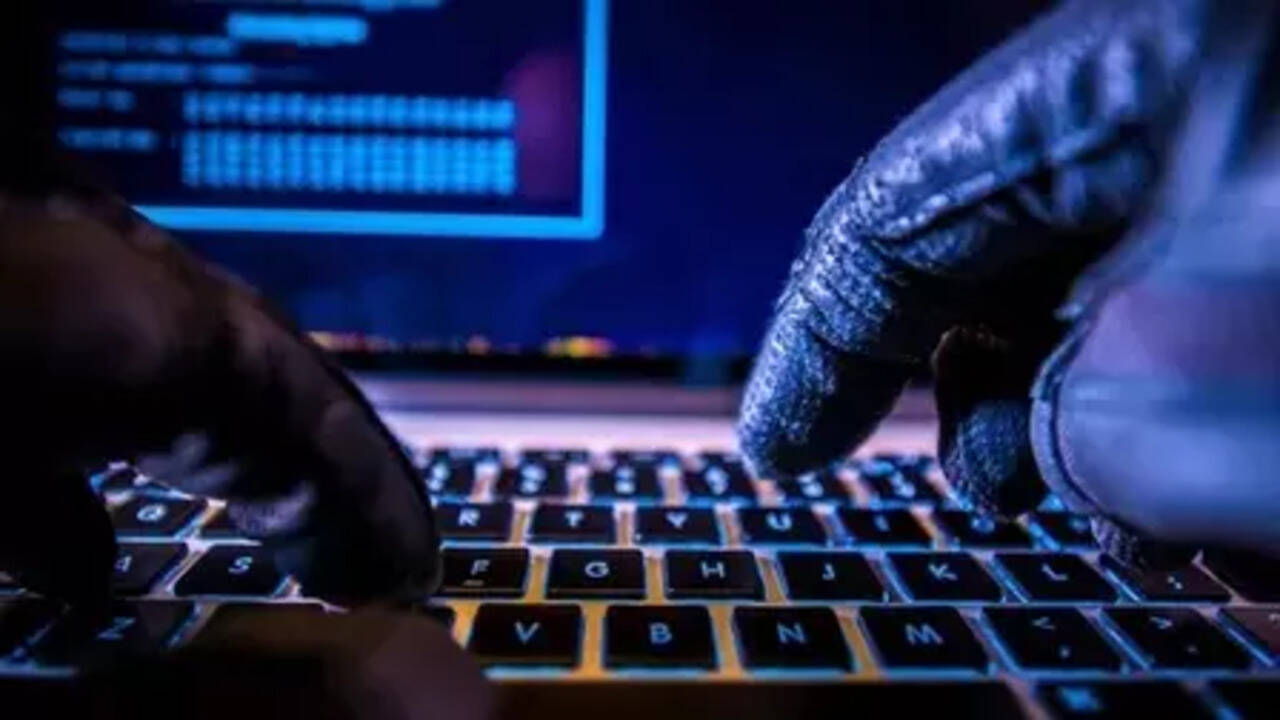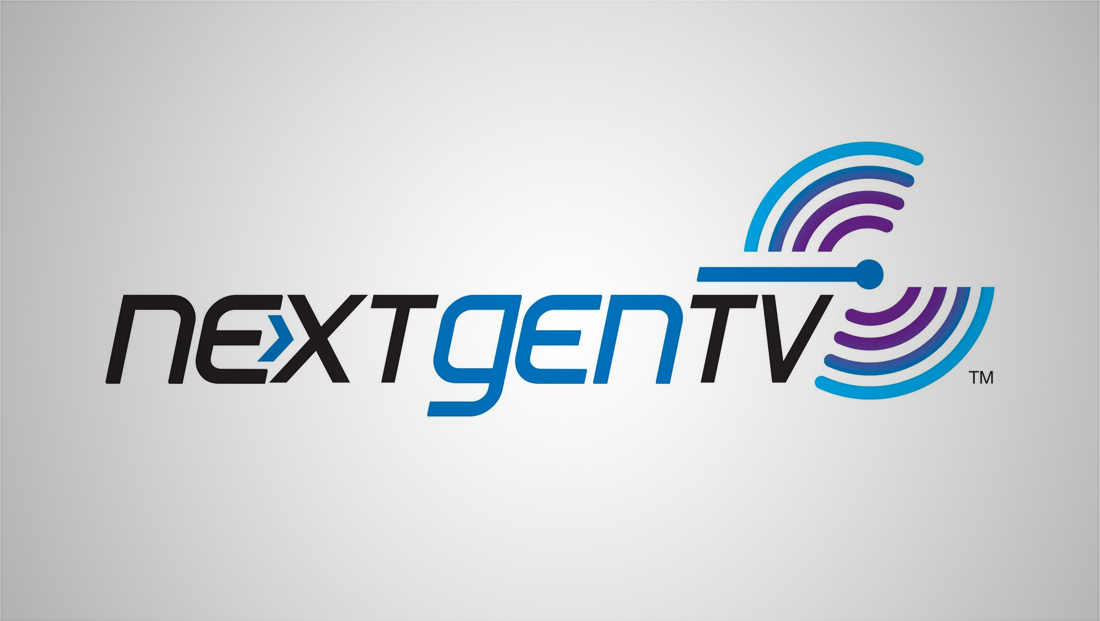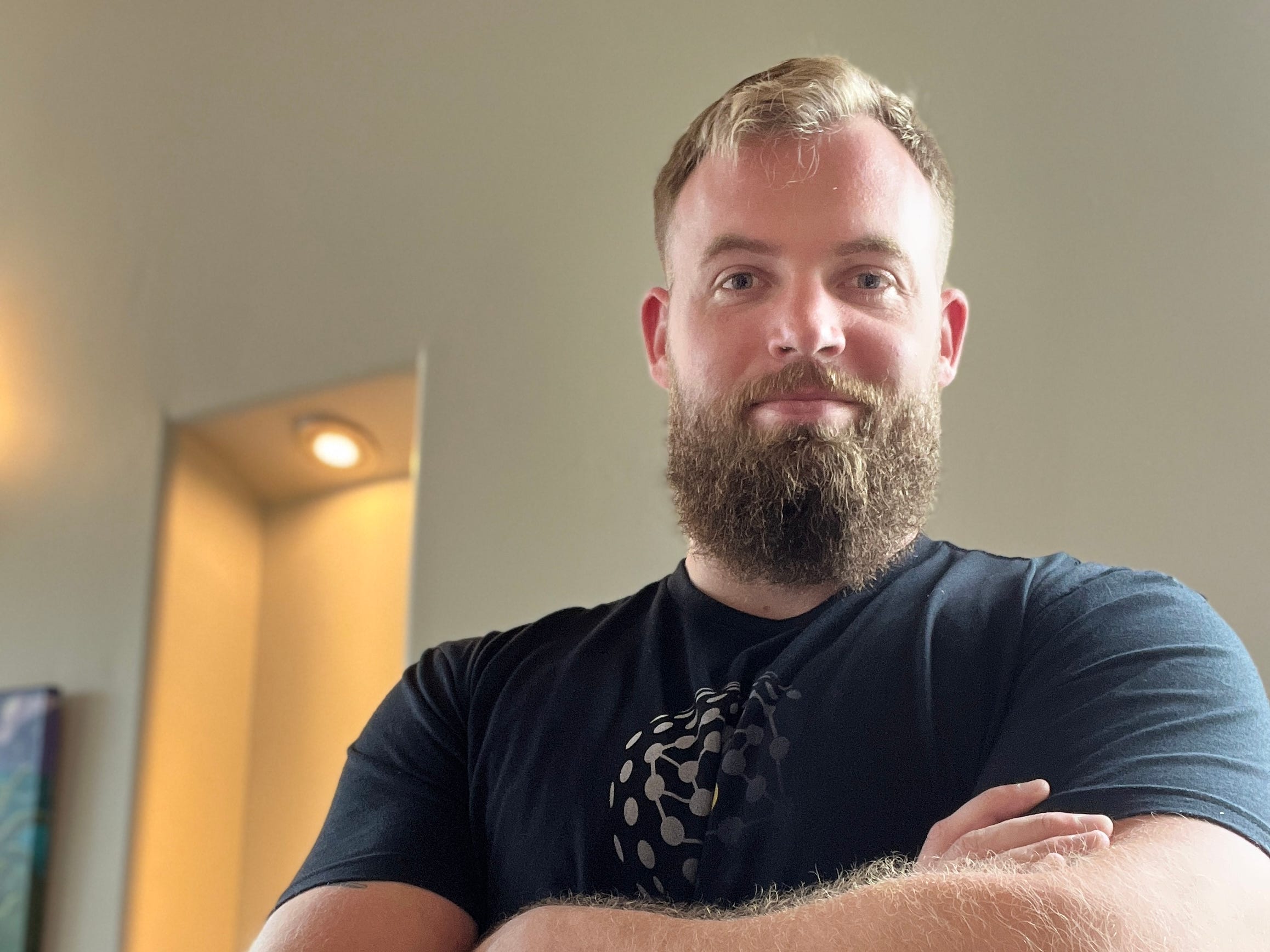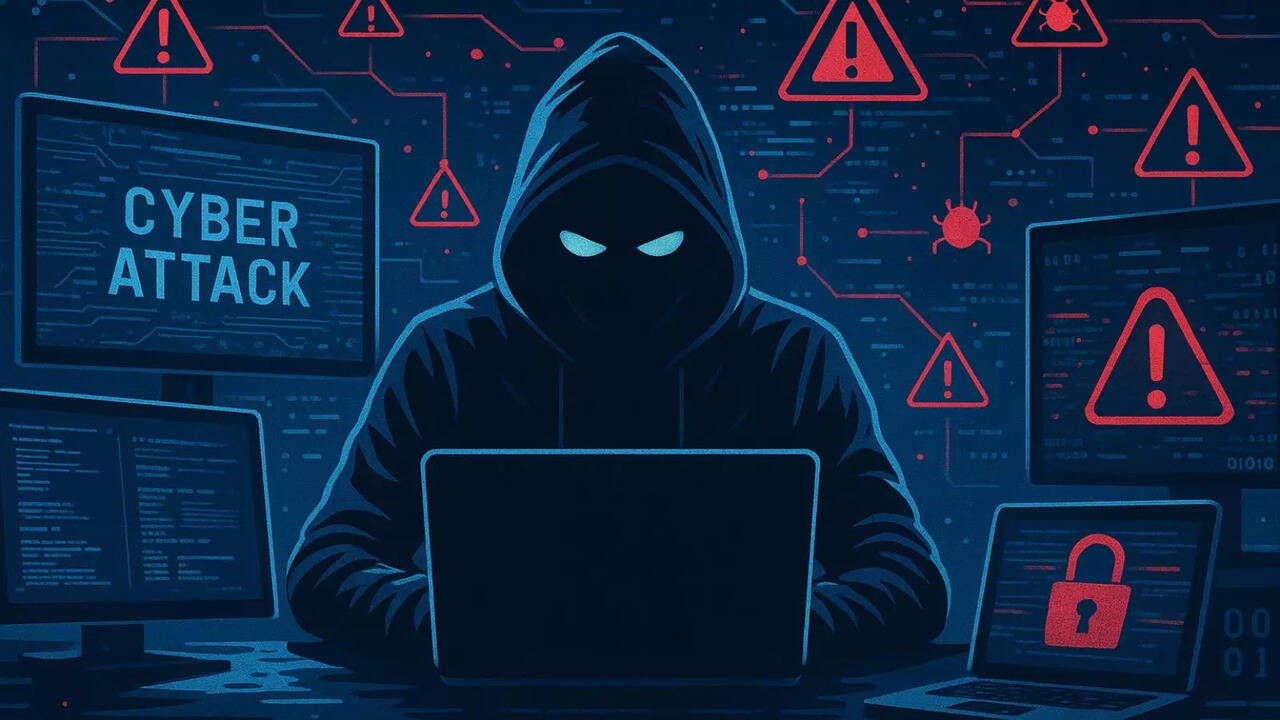- TECHSWU
- Posts
- TECHSWU
TECHSWU


In a surprising twist of fate, the notorious Lockbit ransomware gang has reportedly been hacked, sending shockwaves through the cybercrime world. Analysts confirm that sensitive internal communications and operational data have been leaked, with one of Lockbit's dark web sites replaced by a cheeky message: "Don’t do crime.
CRIME IS BAD xoxo from Prague." This unexpected breach could severely impact Lockbit’s operations, affecting the systems they use to manage ransomware, store data, and communicate with victims.
As one of the most prolific cyber extortion groups, often likened to the "Walmart of ransomware," Lockbit is no stranger to disruption. However, this latest incident raises questions about their resilience and the future of cybercrime operations.
With experts suggesting the leak appears authentic, the ripple effects of this hack could redefine the landscape of ransomware threats.

Get ready for some exciting tech updates! Apple is making strides towards launching smart glasses by 2027, featuring a custom chip that supports innovative AI experiences—think voice assistants and audio playback, though AR might come later. In more thrilling news, Indian space tech company InspeCity has secured $1.
5 million in seed funding to enhance satellite servicing and tackle space debris, collaborating with Japan’s Orbital Lasers. Meanwhile, the Cotton Corporation of India (CCI) is on a hiring spree, with 147 positions available starting May 9.
On another note, AI is revolutionizing software testing, leading to faster and more accurate releases. And in the world of crypto, Celsius founder Alex Mashinsky has been sentenced to 12 years for fraud, highlighting the industry's serious side.


The Consumer Technology Association (CTA) is urging a voluntary shift to NextGen TV, or ATSC 3.0, rather than a mandatory requirement for new televisions to include the technology.
In comments submitted to the Federal Communications Commission (FCC), the CTA argued that a regulatory mandate could drive up costs for consumers, stifle innovation, and contradict previous agreements made with industry stakeholders. Currently, over 14 million ATSC 3.
0-capable TVs are available in the market, with manufacturers offering advanced features like enhanced closed captioning and multiple audio streams. However, the CTA emphasized that these improvements should remain voluntary, advocating for market-driven advancements instead of government intervention.
They believe consumer demand should guide the transition, rather than imposed regulations, reflecting a commitment to innovation while keeping consumer interests at heart.

Erik Smolinski, a financially independent options trader, invests around $200 monthly in AI tools like ChatGPT, believing they are invaluable for his trading career. Emphasizing the efficiency and analytical prowess AI provides, Smolinski advocates for leveraging these tools for data analysis, investment strategies, and even personal tasks like itinerary planning.
He notes that AI can transform complex data into insightful trends, streamlining decision-making processes. While he acknowledges that free AI options exist, he favors premium services for their superior capabilities.
Smolinski encourages all investors, from novices to experts, to utilize AI, positioning it as a game-changer that accelerates investment success. "If you're not using AI, you are already falling behind," he asserts, passionately arguing that the cost is justified by the time and insights gained.
For Smolinski, investing in AI is not just a choice; it’s essential for staying competitive in the market.

Researchers at Mass General Brigham are harnessing the power of artificial intelligence to revolutionize how we assess aging. By analyzing facial photos, their innovative tool, FaceAge, estimates a person’s biological age—offering insights beyond mere years.
In studies, the AI has revealed that cancer patients often appear five years older than their chronological age, suggesting the impact of illness on their bodies. Remarkably, FaceAge outperformed doctors in predicting the short-term life expectancy of patients, enhancing clinical decision-making in cancer care.
While the algorithm’s exact methods are still a mystery, it shows promise as an additional metric for doctors, complementing traditional assessments. This groundbreaking research sets the stage for a future where AI aids in diagnosing health conditions through simple selfies, potentially transforming patient care as we know it.

The Samsung Galaxy Watch 8 is set to impress with a groundbreaking feature: the Antioxidant Index. This innovative tool will allow users to monitor their antioxidant levels, specifically beta carotene, using a dedicated sensor on the back of the smartwatch.
To measure these levels, users simply place their thumb on the sensor, which works in conjunction with the Samsung Health app for non-intrusive tracking. While this feature could also be available on recent models like the Galaxy Watch Ultra, it is anticipated to officially debut with the Galaxy Watch 8, expected later in 2025.
Additionally, it will provide insights on whether antioxidant levels are adequate or low, promoting fitness and wellness. However, Samsung advises that this measurement is not a substitute for professional medical advice.

In light of escalating tensions with Pakistan, Indian banks are stepping up their cybersecurity measures to thwart potential cyberattacks. A comprehensive plan has been set into motion, including the establishment of a 24-hour war room dedicated to monitoring threats, particularly near border areas where vulnerabilities may arise.
Ashok Chandra, CEO of Punjab National Bank, emphasized the bank's readiness to tackle any cyber challenges head-on. In addition to enhanced cybersecurity protocols, ATMs in these critical locations have been well-stocked with funds to ensure there's no cash shortage during a crisis.
The Indian Computer Emergency Response Team (CERT-In) has also issued cybersecurity advisories aimed at safeguarding the banking sector. As the digital landscape grows more precarious, these proactive measures showcase the banks' commitment to securing their operations and protecting customers amid geopolitical uncertainties.